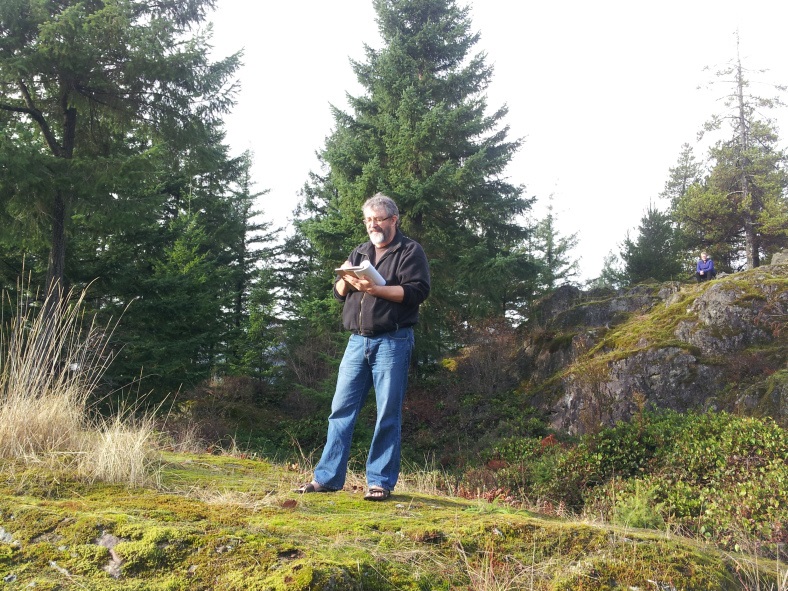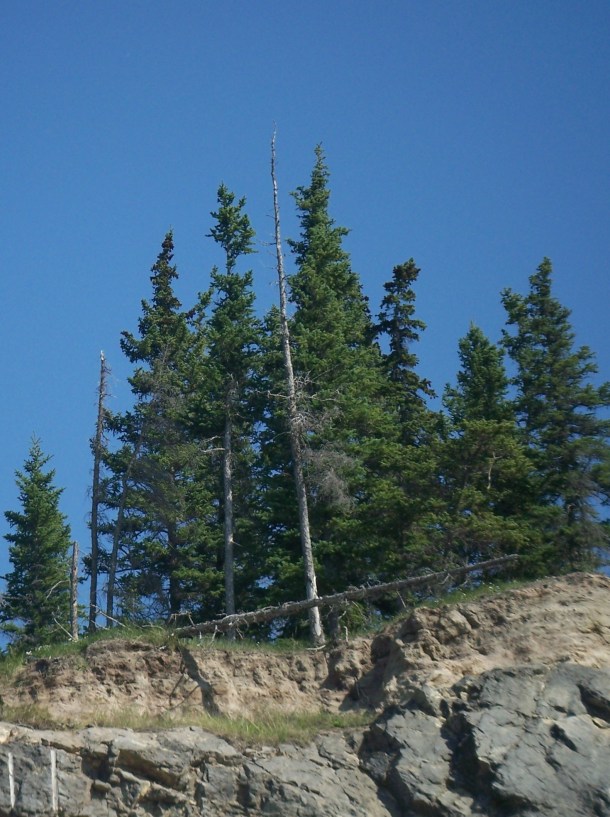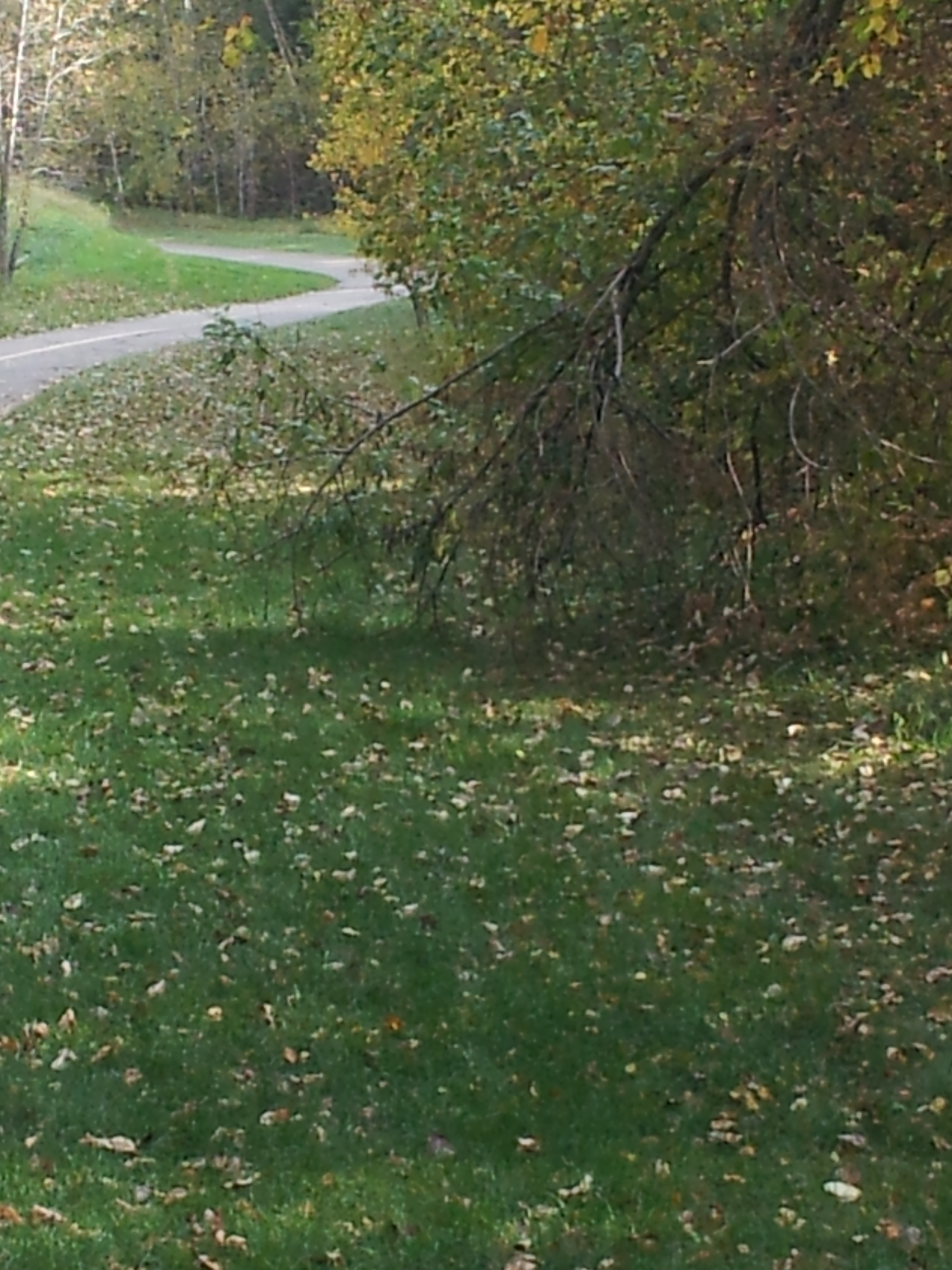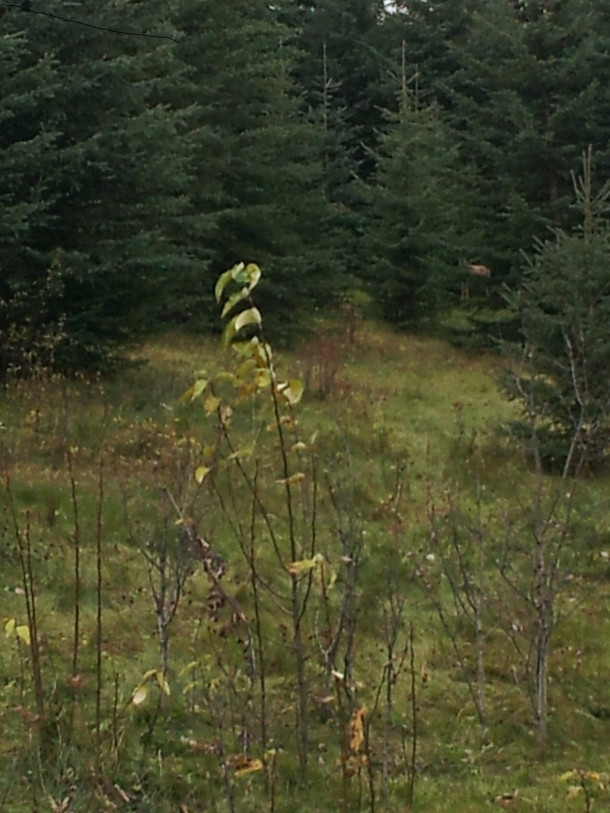It has been awhile since I posted.
This is the time of the year to have dreams of a more just and humane world. Dreams are the land of hope and Christmas is the perfect time to be a dreamer. This brings to my mind the lines from Imagine by John Lennon:
You may say I’m a dreamer
But I’m not the only one
I hope someday you’ll join us
And the world will be as one
Several years ago, I read an essay by Parker Palmer reminding me the miracle of Christmas. As a child growing up in Northern Alberta, Christmas was a time of wonder.
Parker posted on Facebook about an experience in Nogales Mexico at a refuge for asylum seekers and pointed out Jesus was likely a person of colour born into the Jewish faith. For me, Jesus’ birth is an ecumenical event.
I wrote the following poem several years ago and am drawn back to it. I hope it captures Christmas in a way that reaches out and touches what we share in common with each other: our humanness and journey seeking refuge at various times
Carpenter guiding,
Expectant mother riding,
Backs straight; heads held high–
Donkey serving as regal carriage.
Seeking refuge in the night–
Giving birth in a stable,
Swathed and cradled in a manger,
Beasts welcoming the child.
Showering gifts upon us–
Returning each year,
Lighting each way–
Only asking, “Can you open your hearts?”
Source of strength,
Our turn to humbly receive gifts,
Restocking spirits,
Rejuvenating souls.
For several years, Kathy and I attended concerts by Canadian singer and actor Tom Jackson. The proceeds went to support local food banks and we took something extra with us to share.
He sings a beautiful version of Huron Carole, which points to the ecumenical nature of Christmas, Christ’s Mass, echoing Parker’s (re)membering “the story, the music, the candlelight, the scent of pine, the silent night, the warm presence of family and friends.”
For me, it is food and opening a present on Christmas Eve. Food included French-Canadian tourtière (meat pie), which Kathy and I continue to share with our children and grandchildren.










